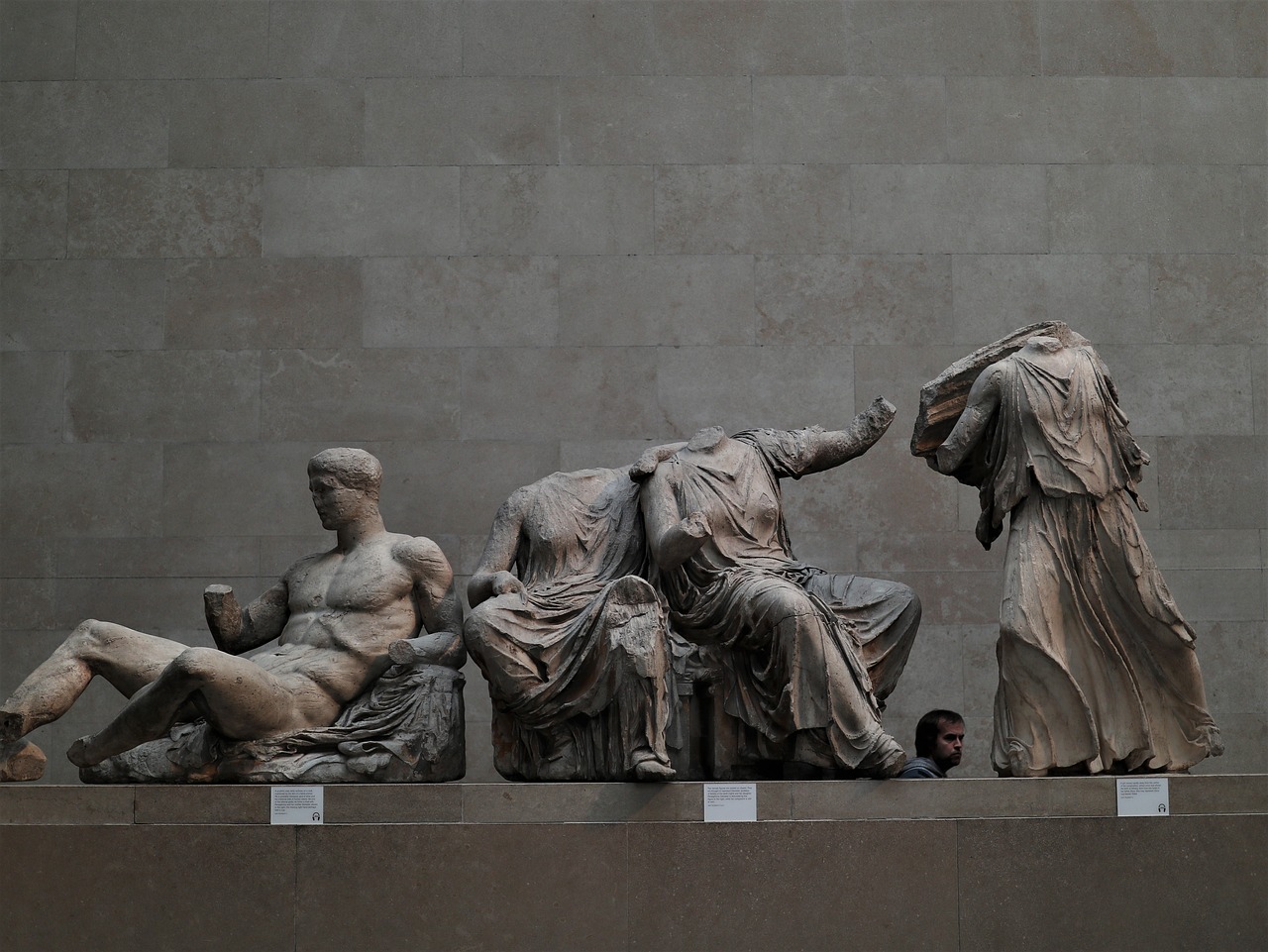The tale of Persephone, the cherished daughter of the goddess Demeter, who was taken by Hades and eventually became the ruler of the Underworld, is renowned globally. This myth serves as a narrative for the ancient Greeks to articulate the transformation of the seasons, showcasing nature’s perpetual cycle of demise and rejuvenation. Persephone is often envisioned as an innocent young girl caught between her mother’s protection and her husband’s affection. The legend gained immense popularity in ancient times and was celebrated during the Eleusinian Mysteries, a series of significant and enigmatic commemorations in ancient Greece.
Unveiling the Legend of Persephone, Queen of the Underworld
The Abduction by Hades
In Greek mythology, Persephone is depicted as the daughter of Zeus and Demeter, the deity of agriculture and fertility. Known as Kore, meaning “maiden,” she blossomed into a beautiful young woman, attracting the interest of many gods. Nonetheless, Demeter was overly protective, shielding her only daughter from suitors.
Hades, the god of the Underworld, was the most persistent of Persephone’s admirers. Although he was a stern, mature god living in the darkest realms among the spirits, he was captivated by Persephone’s youth and beauty. When Hades proposed to Demeter for her daughter’s hand, Demeter vehemently declined, declaring there was no chance of such a union. Heartbroken, Hades resolved to claim Persephone for himself.
While Persephone gathered floral treasures with her companions in a valley one day, she noticed a mesmerizing narcissus. As she bent down to pluck the flower, the earth split open, revealing Hades in his chariot drawn by dark steeds. He seized the stunning maiden before she could cry out, descending into his kingdom while the fissure closed behind them.
A Mother’s Desperate Search
The rapid nature of the incident left her friends oblivious to Persephone’s abduction. Yet, both Zeus, the maiden’s father and Hades’ brother, and Helios, the sun god, witnessed the event. Zeus chose silence to avoid a conflict with Hades, while Helios opted to remain uninvolved.
A grief-stricken Demeter roamed the earth in search of her daughter until Hecate, her loyal friend and goddess of the wilderness, suggested she consult Helios for assistance. Compelled by Demeter’s sorrow, Helios relented and revealed that Persephone had been taken by Hades. Anger surged within Demeter, who contemplated revenge, but Helios remarked that perhaps being the queen of the Underworld was not the worst fate for Persephone.
Seeking Resolution
Demeter’s outrage could not be contained. She fumed that Hades, a ruler of the dead, was unsuitable as a husband for her beloved daughter. Additionally, she felt betrayed by Zeus for withholding the truth. In retaliation, Demeter decided to abandon her sacred role as goddess of the harvest indefinitely, plunging the earth into desolation. Crop failures ensued, wildlife perished from starvation, and widespread famine engulfed humanity.
The ensuing cries of the suffering reached Olympus, prompting Zeus to realize the grave consequences of his wife’s fury. He understood that without intervention, humanity could face extinction. Consequently, Zeus sought to placate both Demeter and Hades, offering to return Persephone if it could be established that she was with Hades against her will.
The Final Agreement
Hades, aware of this arrangement, cleverly persuaded his reluctant bride, who was in deep sorrow, to consume a few pomegranate seeds—the food of the Underworld. Consuming this food meant that anyone would long to return to the Underworld after their time on Earth. When the time came for Persephone to choose where she wished to reside, she expressed a desire to stay with her husband. This response infuriated Demeter, compelling her to accuse Hades of manipulation.
A fierce confrontation erupted, with Demeter promising that, should her daughter’s fate remain with Hades, the earth would languish without her blessing. To resolve the impasse, Zeus decreed that Persephone would alternate her time, spending six months in Hades and six months with Demeter on Olympus. Although neither party was entirely satisfied, they saw no other alternatives but to acquiesce.
The Meaning behind the Myth
Thus, Persephone was forever marked as the wife of Hades and the sovereign of the Underworld. For half of each year, Demeter mourned her daughter’s absence, allowing the earth to wilt and wither.
According to ancient Greek belief, these were the seasons of Autumn and Winter—the time when the land lay barren. Conversely, when Persephone returned to Olympus, Demeter’s joy brought forth fertility and life, representing the seasons of Spring and Summer. This myth served as a narrative for explaining the shifting seasons and the eternal rhythmic cycle of life, death, and renewal in nature.



